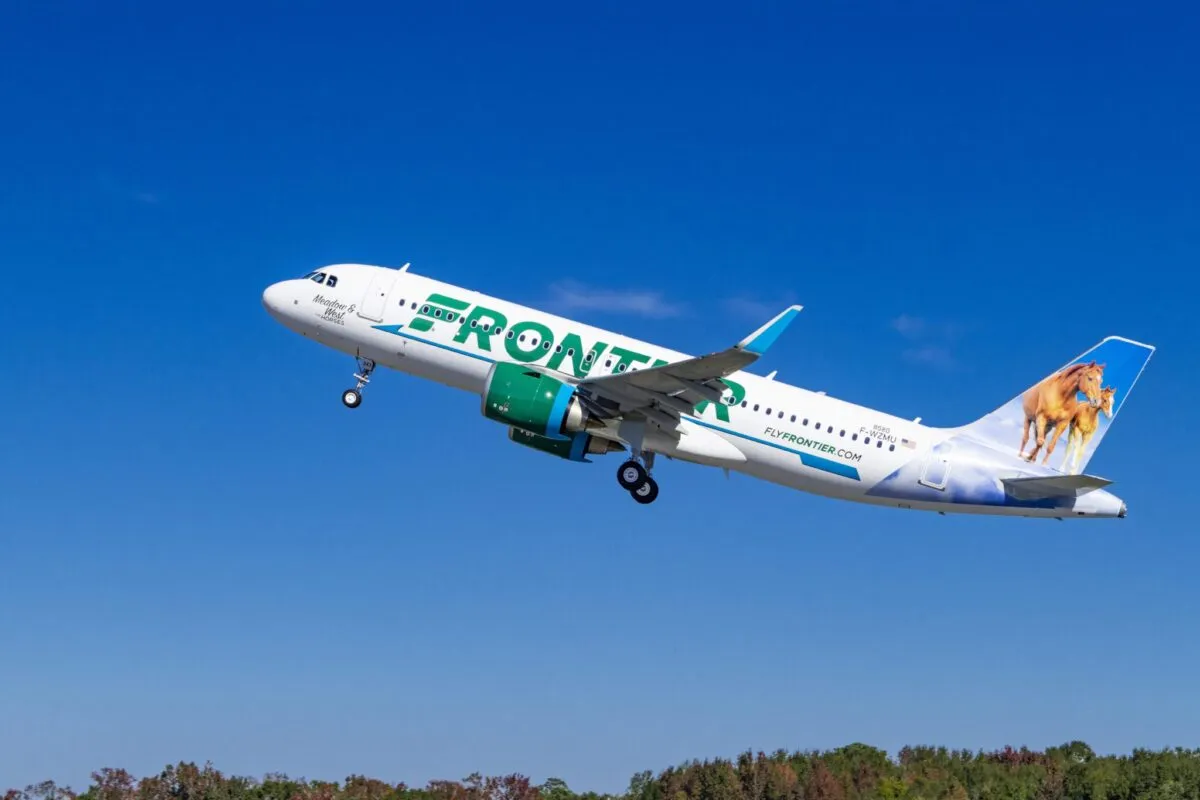A New Frontier? Carrier Scraps Most Change Fees, Introduces Premium and Business Perks

Skift Take
Frontier Airlines is changing the structure of its pricing scheme and getting rid of change fees for most of its fare classes, as part of a wider effort to revitalize its brand, which has been struggling to turn a profit in recent years.
The changes include simplifying its fare classes to basic, economy, premium and business and offering customers who find a lower airfare elsewhere 2,500 Frontier miles.
“This is ‘The New Frontier’ and we are committed to offering more than the lowest fares — we deliver the best price for all the options you want and the customer support you need, when you need it,” said CEO Barry Biffle in a statement. “No gimmicks, just really low prices and good customer service.”
Frontier’s new fare structure somewhat mirrors that of a more traditional airline — the basic fare is like basic e

